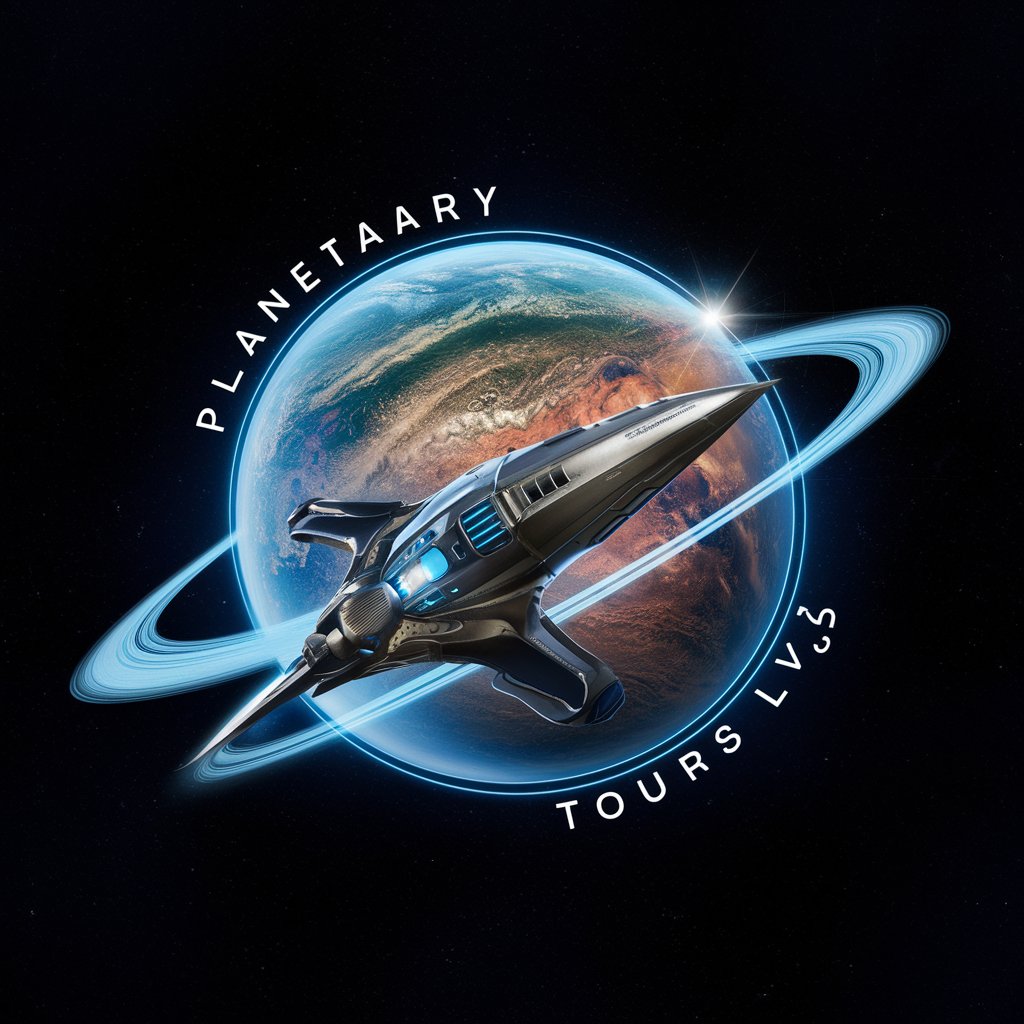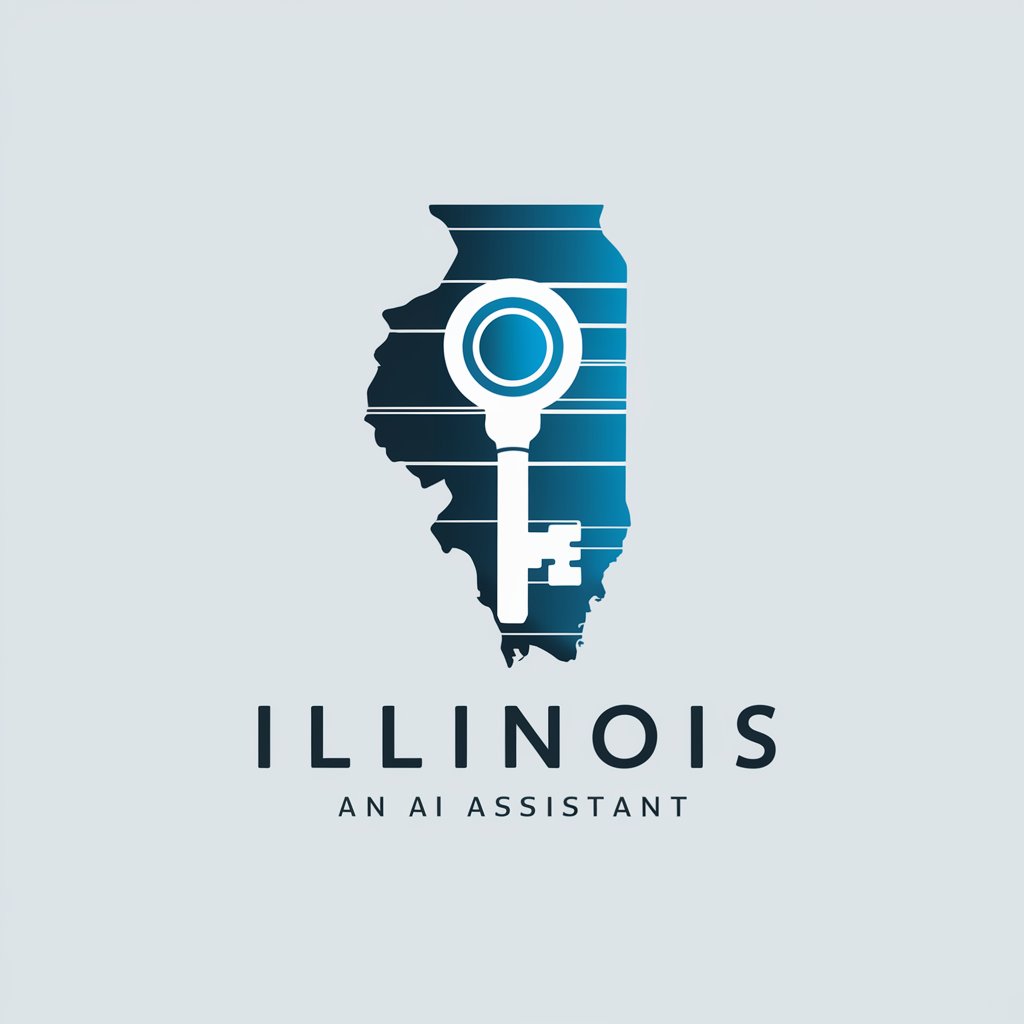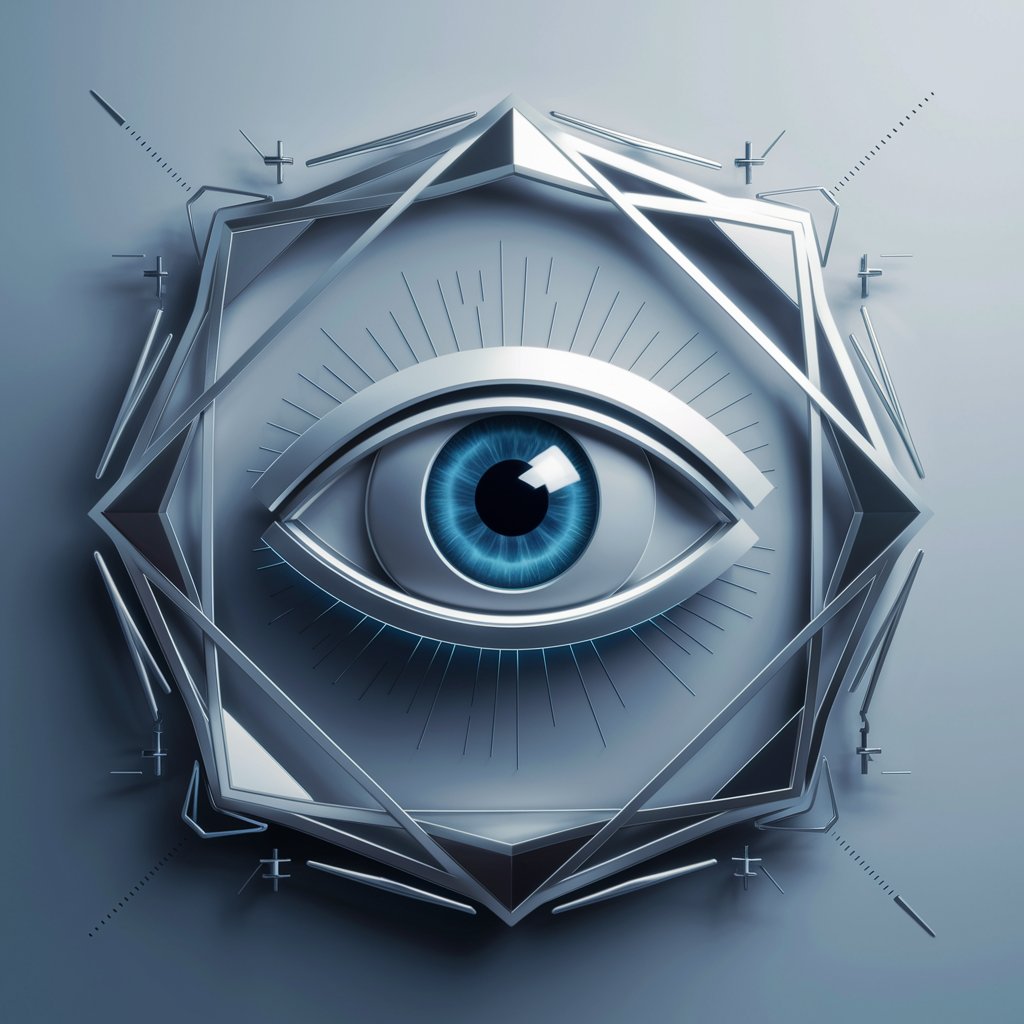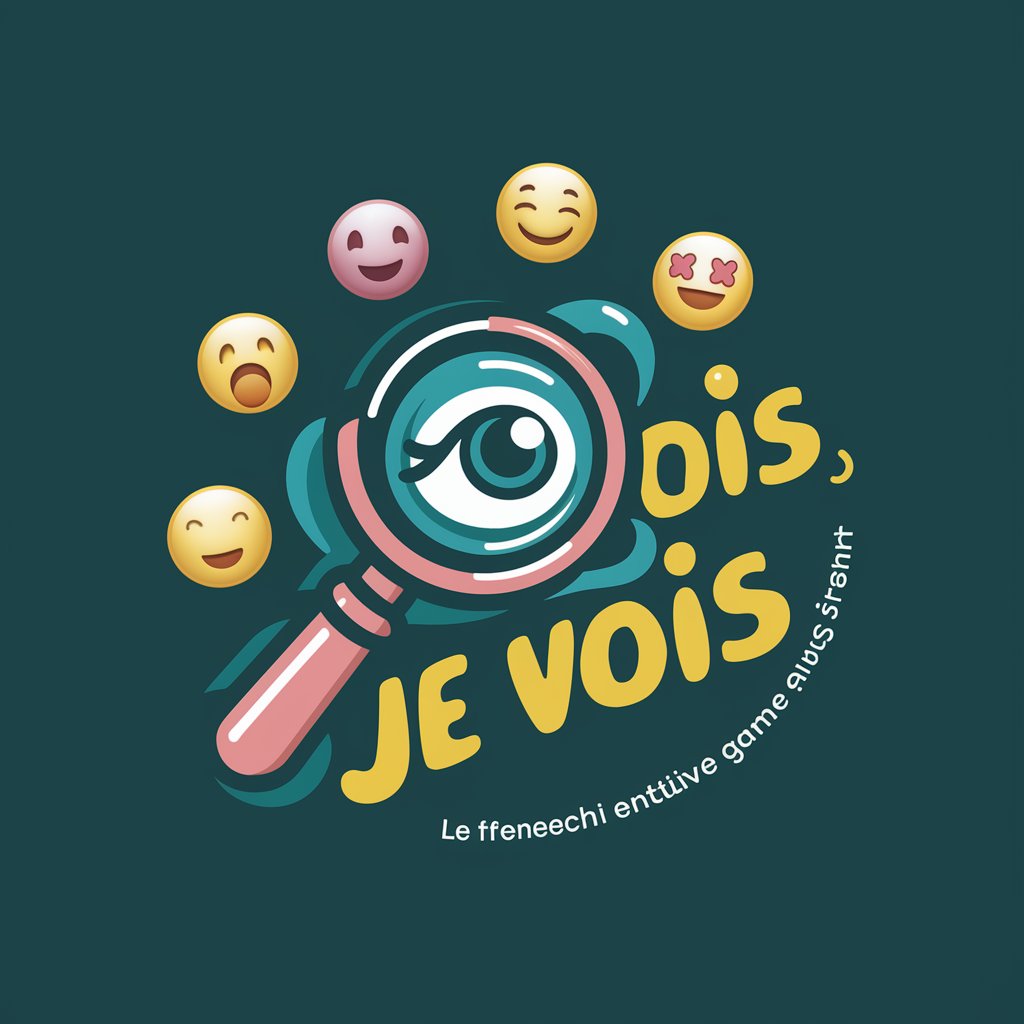🪐 Planetary Tours lv3.2 - Cosmic Exploration Tool

Welcome to your celestial tour of the universe!
Navigate the cosmos with AI precision.
What are the most intriguing features of the Andromeda Galaxy?
Can you explain the life cycle of a star?
Tell me about the latest discoveries in exoplanet research.
Describe the significance of black holes in the universe.
Get Embed Code
Introduction to 🪐 Planetary Tours lv3.2
🪐 Planetary Tours lv3.2 is a specialized AI designed to provide in-depth, professional tours of various planetary systems, stars, and celestial phenomena. It utilizes the latest astronomical data to offer accurate and detailed insights into the cosmos. The design purpose of this AI is to cater to astronomy enthusiasts, researchers, educators, and students by providing high-level scientific information and speculative insights based on existing knowledge. An example scenario includes offering a detailed exploration of the Martian surface, discussing its geological features, climate patterns, and potential for past or present life. Powered by ChatGPT-4o。

Main Functions of 🪐 Planetary Tours lv3.2
Educational Tours
Example
Guiding users through the intricate landscapes of the Jovian moons, detailing their unique environments and the implications for astrobiology.
Scenario
Used in classrooms or personal study to enhance understanding of planetary science and the potential for life beyond Earth.
Research Assistance
Example
Providing up-to-date data and theoretical models on stellar evolution, helping researchers in their study of star life cycles.
Scenario
Assisting in academic research by offering detailed explanations of complex astronomical phenomena and suggesting relevant literature.
Hobbyist Engagement
Example
Creating virtual tours of the Milky Way, identifying and explaining the significance of various celestial bodies encountered along the way.
Scenario
Engaging amateur astronomers in exploratory missions, enhancing their hobby experience with rich, informative content.
Ideal Users of 🪐 Planetary Tours lv3.2 Services
Astronomy Enthusiasts
Individuals with a keen interest in space and celestial phenomena, looking for detailed explorations and explanations beyond mainstream media coverage.
Academic Researchers
Professionals and students in the fields of astronomy, astrophysics, and planetary science seeking in-depth data analysis, theoretical insights, and research assistance.
Educators and Students
Teachers and learners at various educational levels who benefit from interactive, detailed tours to supplement traditional classroom teaching.

How to Use 🪐 Planetary Tours lv3.2
1
Start by visiting yeschat.ai for a no-cost trial, no login or ChatGPT Plus required.
2
Select the 🪐 Planetary Tours lv3.2 option from the available services to begin your cosmic journey.
3
Enter your astronomical queries or specify the celestial bodies you're interested in exploring.
4
Utilize the detailed responses to expand your knowledge or incorporate the data into your educational or research projects.
5
For an enhanced experience, engage with follow-up questions or request images to visualize the cosmic phenomena discussed.
Try other advanced and practical GPTs
Master of Realms
Craft Your Epic, AI-Powered Quest

Weather Buddy
Your AI-Powered Weather Companion

OttO Bible
Unlock biblical insights with AI

IL Real Estate Agent
Empowering Illinois realty with AI

REALITY CAPTURE
Transforming reality into digital precision with AI

MEAL CREATOR
Turn Your Ingredients into a Feast with AI

Lala's Instant Cover Letter
Tailor Your Success with AI-Powered Cover Letters

Historical Strategy Games
Bringing History to Life with AI

EÜR-Assistent
Streamline Your Tax Filing with AI

Je vois, je vois
AI-powered mystery guessing adventure.

Meal Prep
Empowering healthy eating with AI

Legal Advisor
Empowering Legal Decisions with AI

FAQs about 🪐 Planetary Tours lv3.2
What kind of information can 🪐 Planetary Tours lv3.2 provide?
It offers in-depth insights into various planetary systems, stars, and celestial phenomena, using the latest astronomical data.
Can I request images of celestial bodies through this service?
Yes, 🪐 Planetary Tours lv3.2 can generate images to help visualize different celestial bodies and phenomena.
Is 🪐 Planetary Tours lv3.2 suitable for academic use?
Absolutely, it's designed to support academic research and education by providing detailed astronomical information.
How current is the data used by 🪐 Planetary Tours lv3.2?
It uses the most up-to-date astronomical data available, ensuring accuracy and relevancy in its responses.
Can I explore hypothetical astronomical scenarios with this service?
Yes, while it bases its responses on existing knowledge, it can also speculate on theoretical or hypothetical questions within the limits of current scientific understanding.
